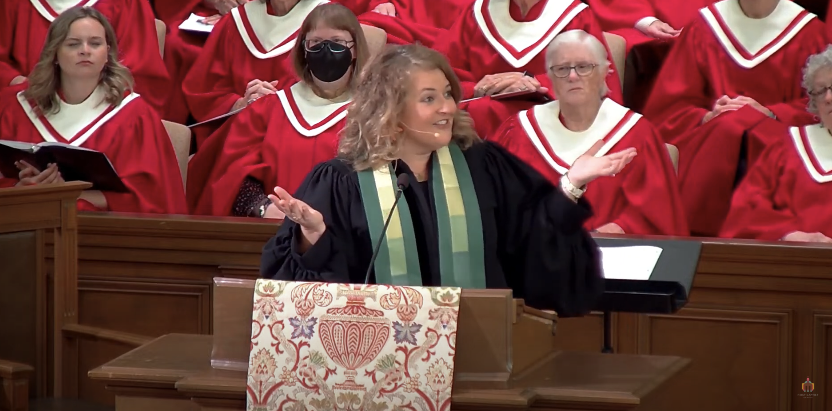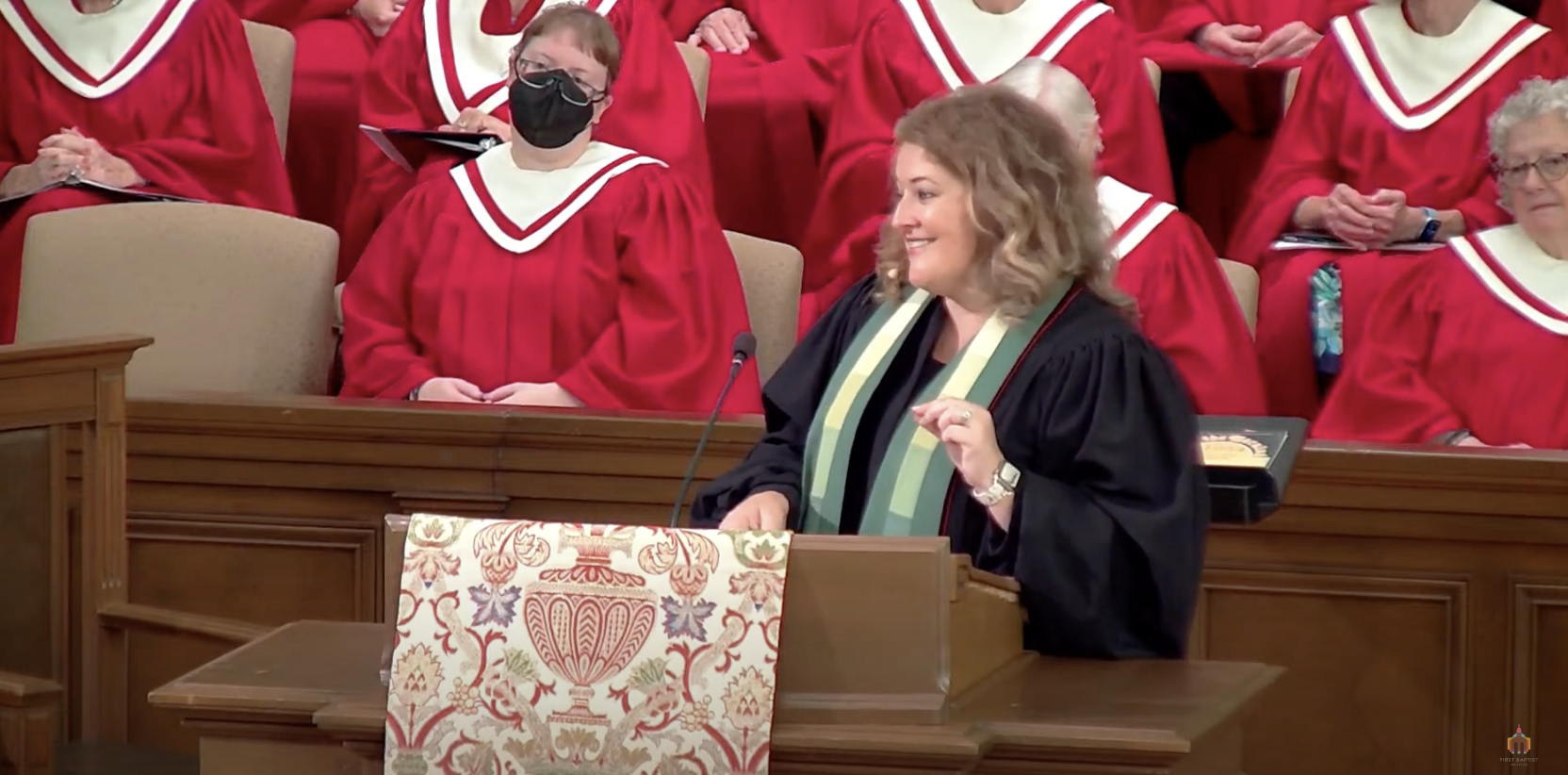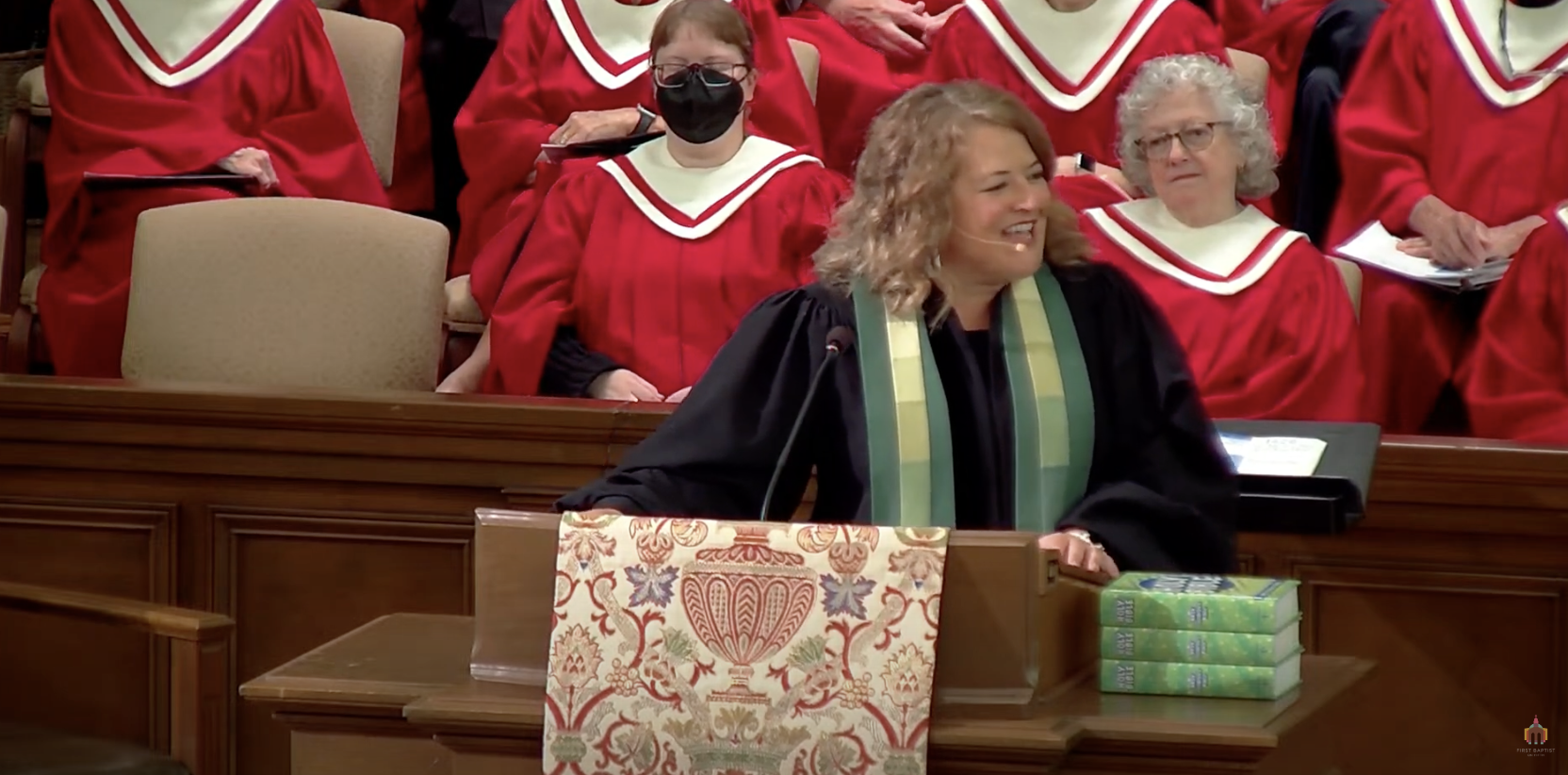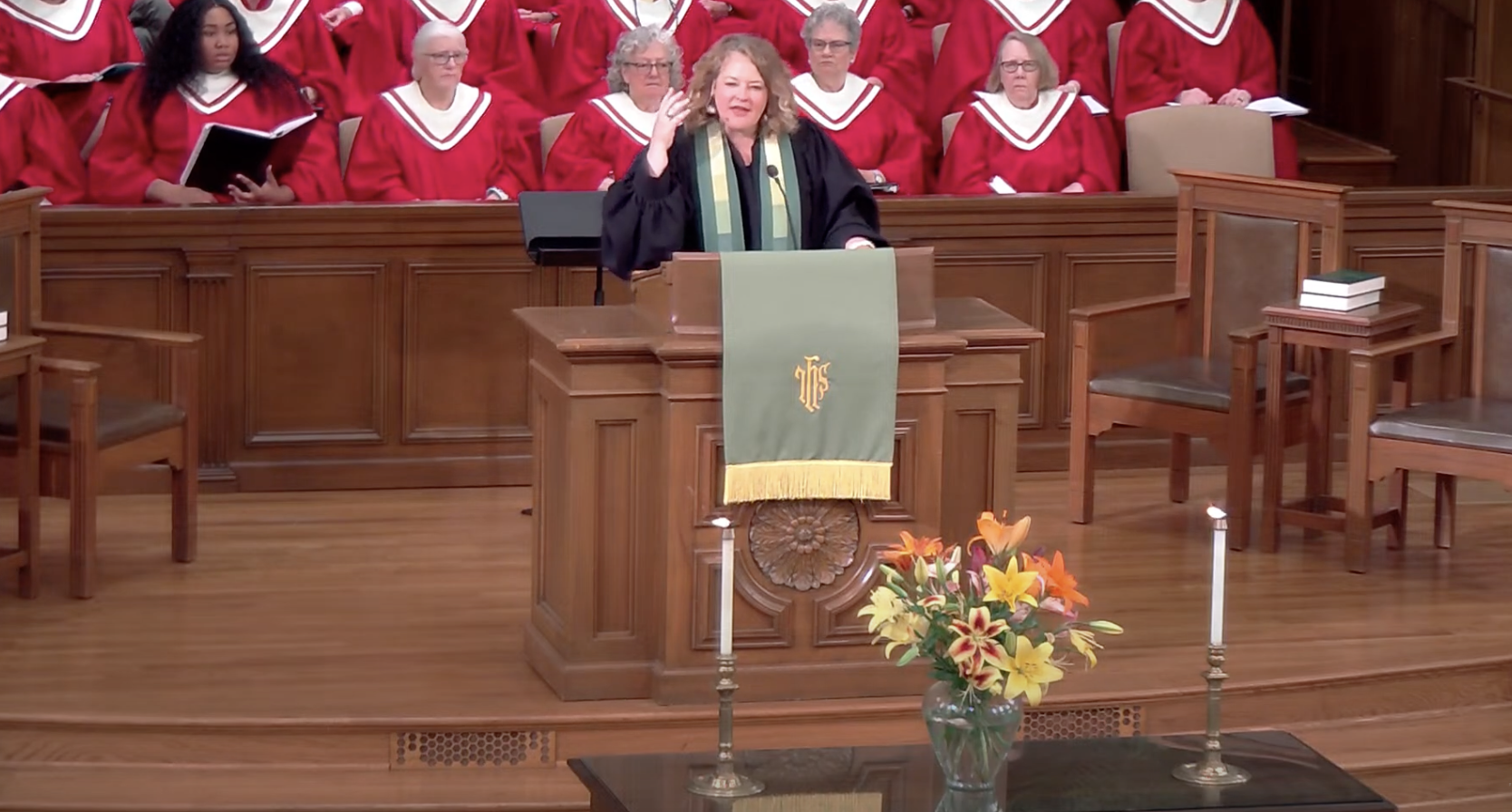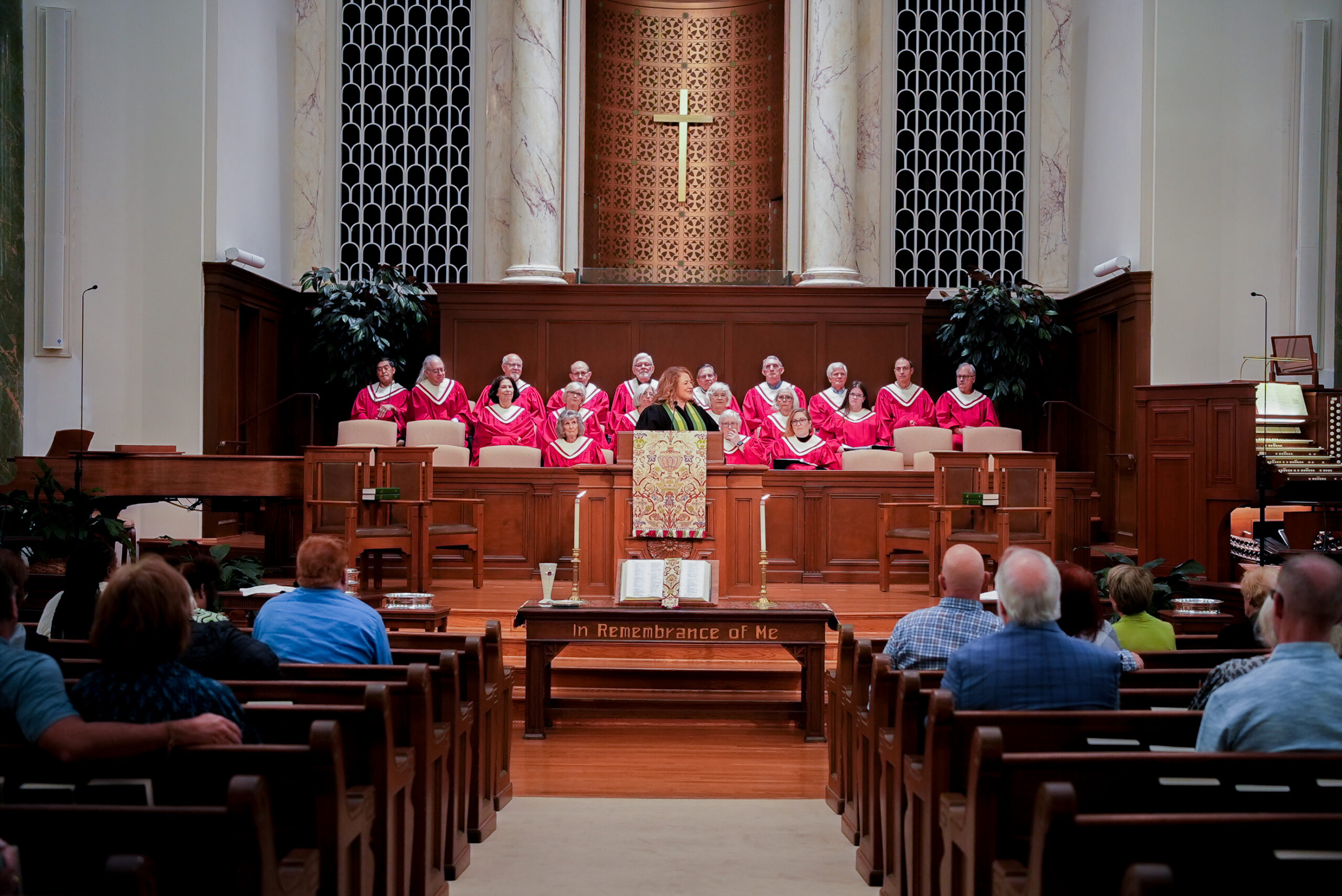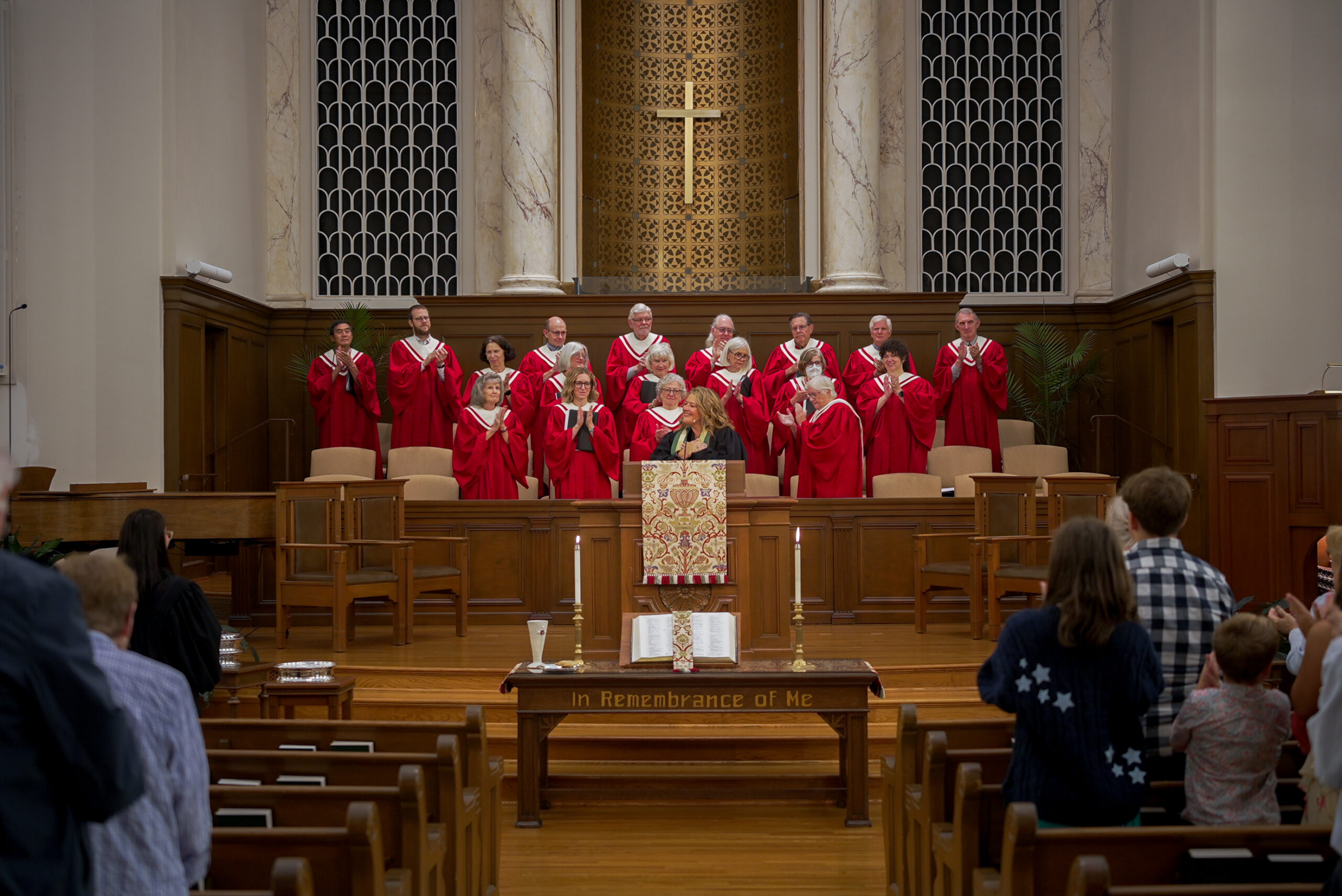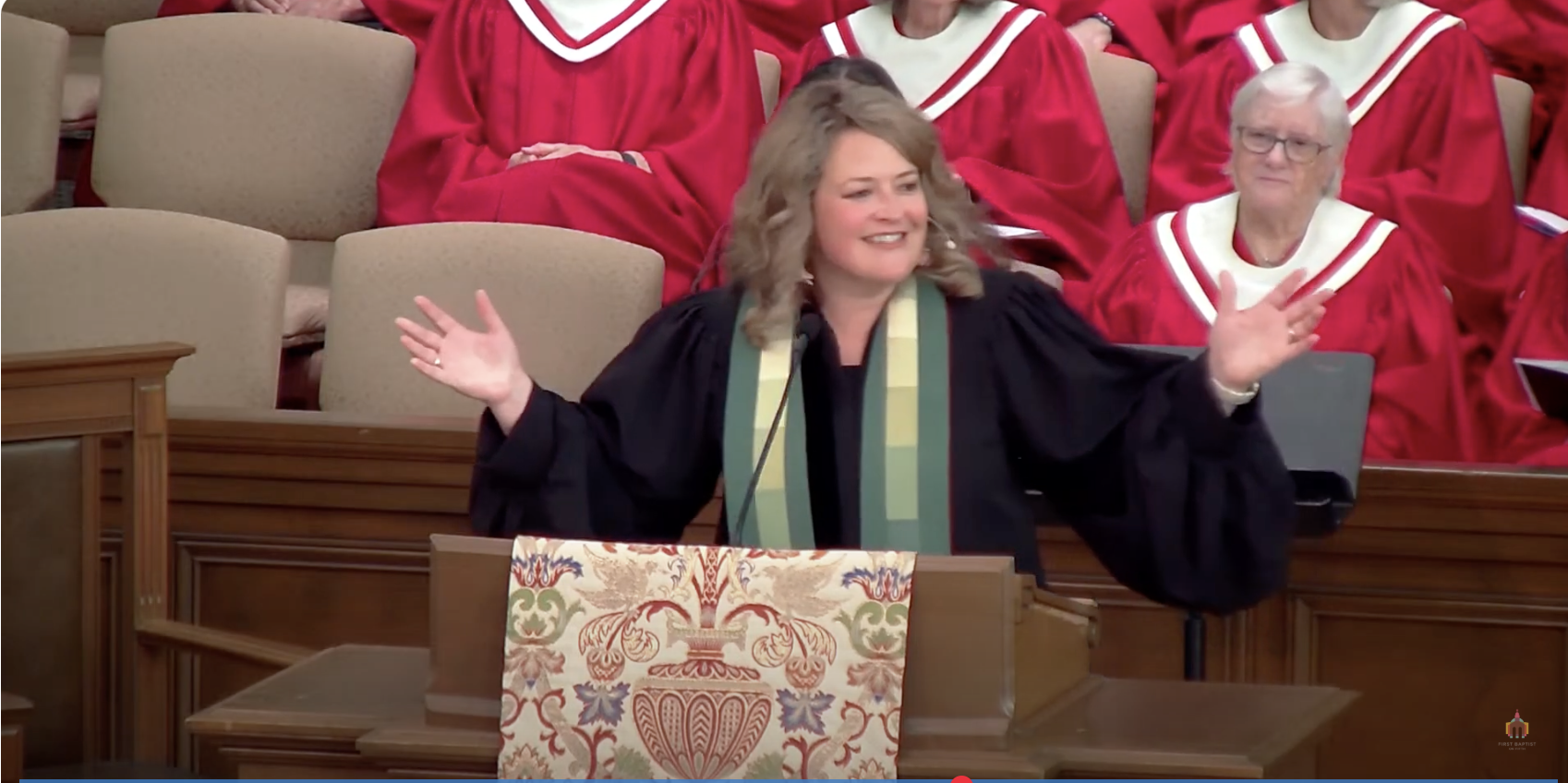I.I want to tell you a story about the history of Wonder Bread. You know Wonder Bread, right? The colorful white packages with the red, blue, and yellow dots that are ubiquitous in the bread aisle at the grocery store? You can’t miss ‘em. “Serving hard-working Americans since 1921,” the Wonder Bread website touts, telling the story of their humble beginnings with family-owned Taggert Bakery, among the first companies to sell pre-sliced white bread of its kind to the American masses.1 For weeks, they ran ads in the newspaper with just the word “wonder,” hyping this mystery product for curious readers who would have to wait and discover. As it was revealed, the story practically wrote itself. “Squeezably soft!,” one said. “Never touched by human hands!,” said another. “Tastes as good as homemade!”
Wonder Bread’s popularity spread not just because of the bread itself, but because it was sliced, which was a game-changer of a shortcut for the generation of women who cooked for the house. When Wonder Bread, like other white breads on the market, was found to be lacking in nutritional value, the company began adding vitamins and minerals to it. “Builds strong bodies in 12 ways!,” the packaging said. In order to centralize Wonder Bread in the American experience, the company sponsored 1950s tv-show, Howdy Doody. Soon thereafter, Taggert Bakery of the first iteration of Wonder Bread soon developed Hostess sweets: the chocolate cupcakes and twinkies and snoballs; Ho Hos and Ding Dongs and Brownie Bites, a confection as plastic as its wrapping.2 Over the years as Americans’ tastes expanded to prefer more multi-grain and whole wheat options, Wonder Bread adapted. Reformulated its recipe. Introduced whole grain white breads. Even added calcium and Vitamin D! It’s now available free of artificial preservatives, artificial colors, and artificial flavors. “The Wonder is back,” the newest company to own the Wonder Bread property tells us.3
I share this history not to rag on Wonder Bread – those of you who love it might be glaring at me by now! – but to paint a picture of our human, even American, weakness for it, and assumption that all things – faith included! – should be like it. Bread that’s easy and reproducible. That gets the job done. That floats along the changing tides of opinions. That takes its place at the heart of entertainment and the center of the aisle. That is homogenized and sterilized and standardized and institutionalized until every slice looks and tastes the same as the last… by design, by popular demand, by the consumer who wants their bread this way, not that.
II.We’re talking about bread again this week, picking up where we left off last. You might remember that Jesus has just fed the 5000 and walked on the water to meet his disciples. The crowds, though full from their miraculous meal, go looking for Jesus on the other side of the sea after the disciples had left. The people had a hankering to know more, you see, and found Jesus to pepper him with questions. Yet they seemed to miss the point from the very start.
Oh the irony when they asked how to do the work of God when the word of God was in front of them. Oh the irony when the same crowd that had been fed by Jesus, that had marveled at the bread that seemed to never run out, that perhaps had seen him walk atop the water’s surface to meet his disciples in the boat – that crowd asks, “what sign are you going to give us? What are you going to DO so we can see and believe?” (I have to wonder if Jesus rolled his eyes ever so subtly at that.) Perhaps like me, you hear the undercurrent of confidence in their questions, a real sense that they think they know what they want and Jesus has it. A few transactions later, and it will be theirs.
Each question seems to reveal their desire to understand, to capture and situate his message within the safe confines of their living, to replicate the miracle they’d witnessed the day before. Yet all the while, Jesus tries to tell them: thislife of following me isn’t transactional or packaged. I give you bread for today,so you don’t have to hoard it for tomorrow. I offer you nourishment in myself,so you don’t have to chase after it in tasks and lists. I point you to God, not just by signs and wonders you know but ones you haven’t yet imagined. I don’t feed your belly for today, rather, I feed yoursoul forever. I don’t just perform the works, I am the work… the work of Love in this world,sent to liberate and set free. For I am the bread of life, Jesus says. Whoever comesto me will never be hungry, and whoever believesin me will never be thirsty.
III.We understand those crowds, don’t we? With all we have to do and fear and accomplish in this life, oh how we wish following Jesus was as predictable as Wonder Bread! How we wish the Christian life could be a straightforward series of tasks to do and beliefs to buy like that which is shelf-stable and static, formulaic and foreseen, as utterly unsurprising as mechanically-sliced bread! How we wish for a way that flexes to our changing needs and assimilates to our fluctuating preferences! How we wish for wonder as accessible as the nearest Lowe’s Foods, tidy and ready to buy for $1.99.
Sure, it might get a little stale. It might remain suspiciously unspoiled, conspicuously processed, unchanged with time, looking the same as before well past its expiration date. But in the face of an unpredictable future, we reach for a predictable faith. A predictable food. That which temporarily fills but doesn’t nourish, which satisfies but doesn’t sustain. Give usthis day our wonder bread, we cry to Jesus! Thisis my body, packaged for you,4 we hope to hear from him in return.
IV.In her fabulous book, Wearing God: Clothing, Laughter, Fire, and Other Overlooked Ways of Meeting God, Lauren Winner writes this: “In calling Himself “the bread of life”—and not, say, crème caramel or caviar—Jesus is identifying with basic food, with sustenance, with the food that, for centuries afterward, would figure in the protest efforts of poor and marginalized people. No one holds caviar riots; people riot for bread. So, to speak of God as bread is to speak of God’s most elemental provision for us.”5
It’s a daily provision, of course. Like Martin Luther once said, “daily bread includes everything we need for this life, such as food and clothing, home and property, work and income, an orderly community, good government, favorable weather, peace and health.”6 Jesus understood the profound importance of daily bread, which is why when faced with thousands of hungry people, he fed them first.
But as theologian Craig Dykstra reminds us, “trying to live by bread alone leads us inevitably to succumb to the ancient temptation to attempt to turn stones into bread. How so? By putting our nose to the grindstone, by doing our jobs, by running a company, by playing the stock market, by making the right connections. We can turn everything from computer chips and laser beams to legal briefs and leveraged buyouts into daily bread. The bread that we feed on is the bread of business and busyness and boredom, a bread known both in and out of the church. This bread will not satisfy our deepest hunger.”7
How absolutely Jesus knew this. He spoke of a greater nourishment, food that perpetually sustains, a wonder in and of itself. To the curious, he clarifies, “you look for me because you’re hungry again and want more food! Don’t seek after what perishes, but instead the food that endures.” To the responsible, he says, “this is not your work or anything you can achieve by yourself. This is the work of God.” And to the nostalgic, he clarifies the hazy contours of their memory, saying, “God gave [past tense] that ancient manna from heaven — God not Moses. And God gives [present tense] this true bread of heaven — God not me.”
Because to Jesus, this is bread that cannot be fully understood, achieved, or requested. It is neither deserved nor bound, earned nor won. It can’t be packaged or sold. This bread is given — fully, freely, fiercely, and unconditionally. “I am the bread of life,” Jesus says, “whoever comes to me will never be hungry, and whoever believes in me will never be thirsty.” In so doing, Jesus seems to remind the crowds: “this bread is not about what you can do for me, nor is it about what I can do for you. This bread isn’t a shortcut or a transaction. This bread is who I am.”
In her Sunday School lesson this morning, Jill Knight reminded us that we can’t separate food from the land; to do so is to profoundly misunderstand the purpose and function of food. In a similar way, Jesus reminds us that we can’t separate sustenance from the sustainer; for to do so would profoundly confuse and shortcut our understanding of sustenance itself. So when we like the crowds ask Jesus to do another miracle and dazzle us with another surprise, he redirects. When we ask for Wonder Bread, he gives us daily bread. Manna. Journeying bread. Provision for today, just what we need. When we remain utterly absorbed in our own needs and lists, Jesus asks us to share the bread. When we want to put Jesus on a shelf and in a box and package him up nice and neat, Jesus reminds us that he is the bread. He is gift and giver; he cannot be wrapped in plastic and stored until we’re good and ready. For to relish the abundant life of Jesus is to never be hungry again.
V.Daily bread is what the volunteers of the Holy Apostles Soup Kitchen in midtown Manhattan prayed for on September 12, 2001. It’s their regular pattern to serve lunch every day to about 1200 unhoused neighbors there in New York City. But that day the city was in chaos due to the attacks on the twin towers the day before. Grocery stores had been emptied; people were panicking; unrelenting fear and profound grief was everywhere you turned.
That morning at 10:00am, the volunteers wondered if this would be the first day in 20 years that they’d have to close their doors and turn hungry people away. And as they sat there wondering what they’d do, I kid you not, a Wonder Bread truck pulled up outside the building and started unloading bags and bags of bread for the soup kitchen. They were astonished. One volunteer ran to the kitchen to scrounge around for some peanut butter and another ransacked the fridge for every half-open jar of jelly he could find. The cook started making sandwiches. When the cook later told this story to a friend of mine, he added, “this sort of thing happens all the time here. It’s what we pray for when we say, “Give us this day our daily bread.”8
For there, scarcity turned to abundance. A faith packaged and sold became a faith lived and breathed. Bread that could have felt homogenized and sterilized and standardized and institutionalized instead bore witness to life in the face of death, sustenance in the eyes of despair.
I am the bread of life, Jesus says. Take and eat.
Amen!


